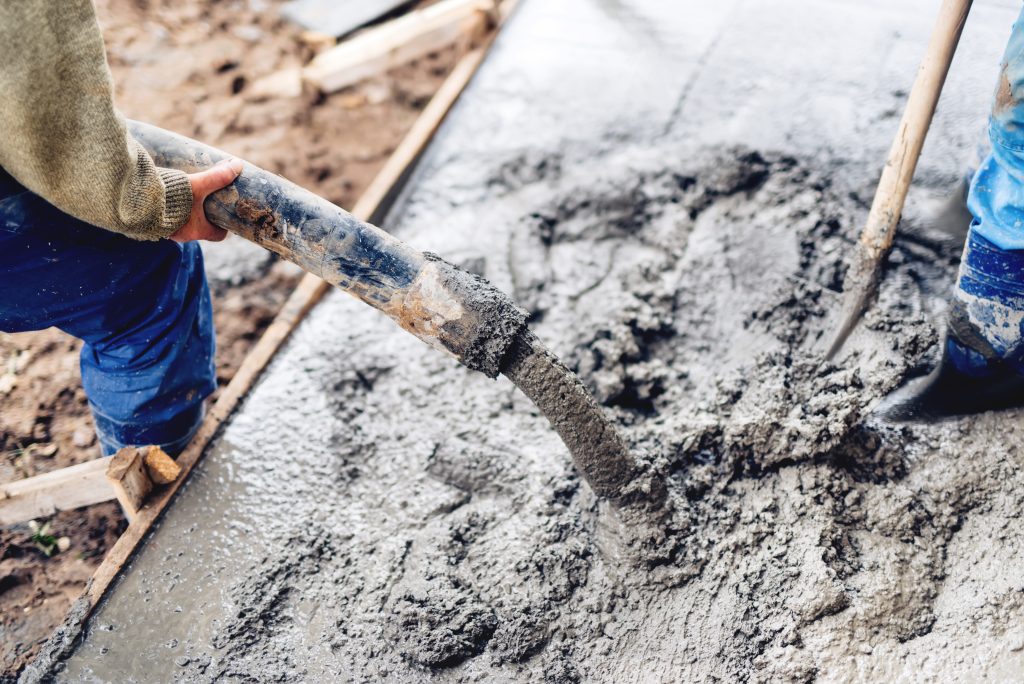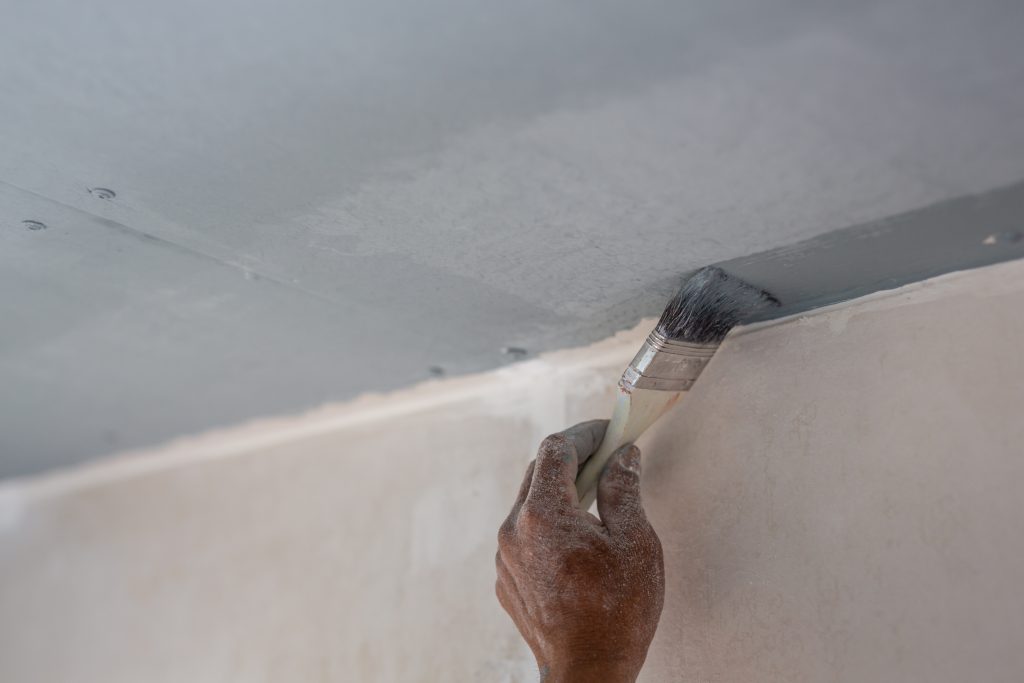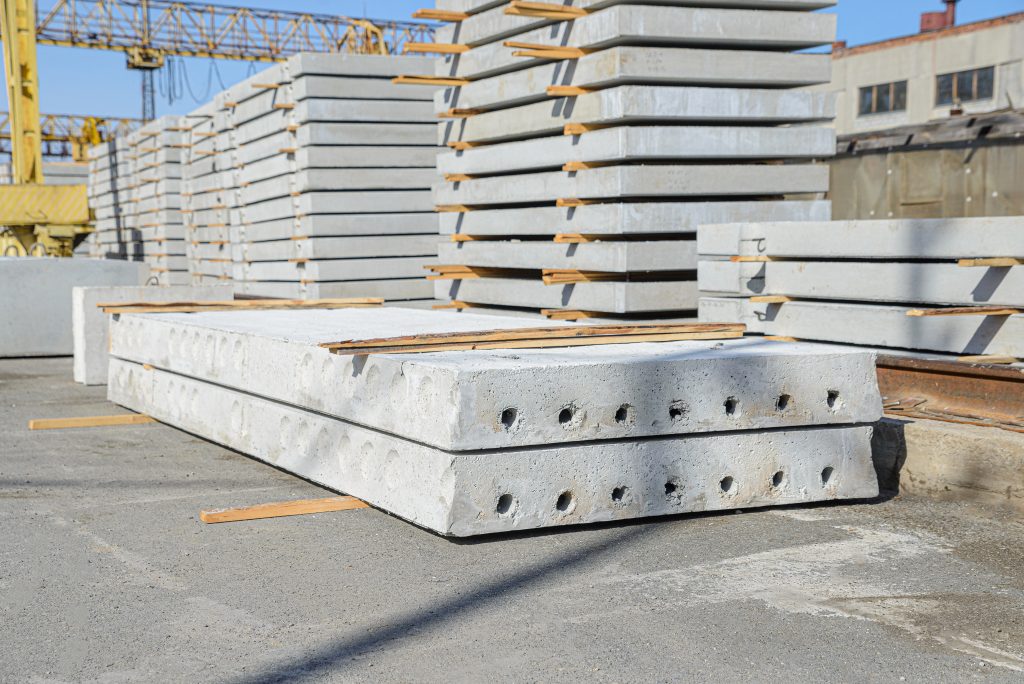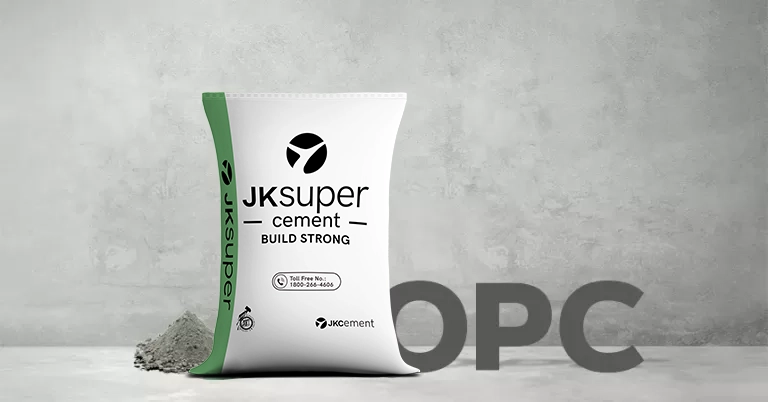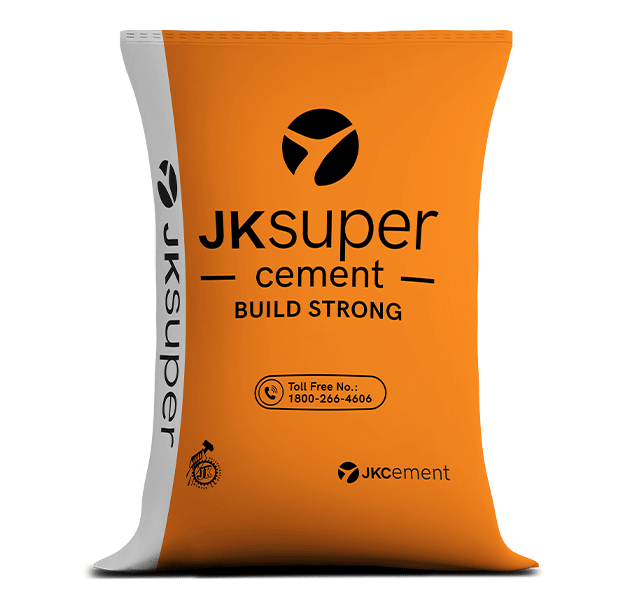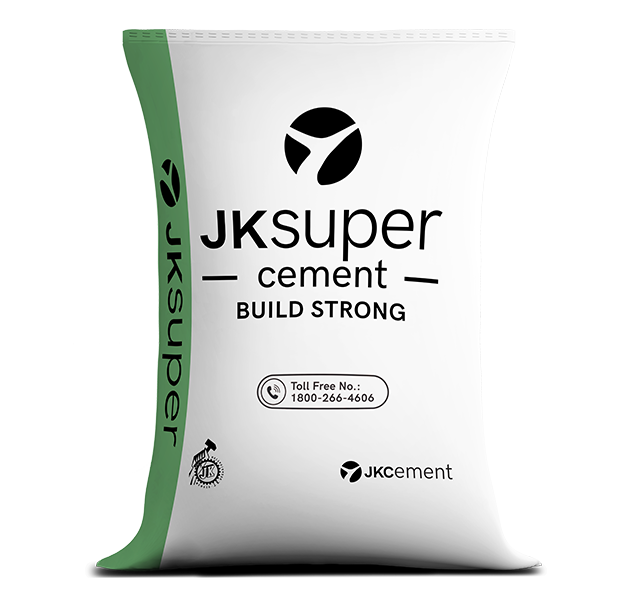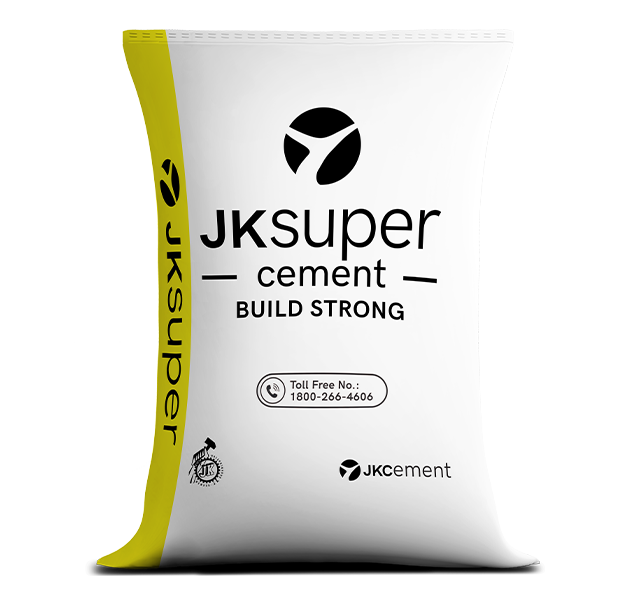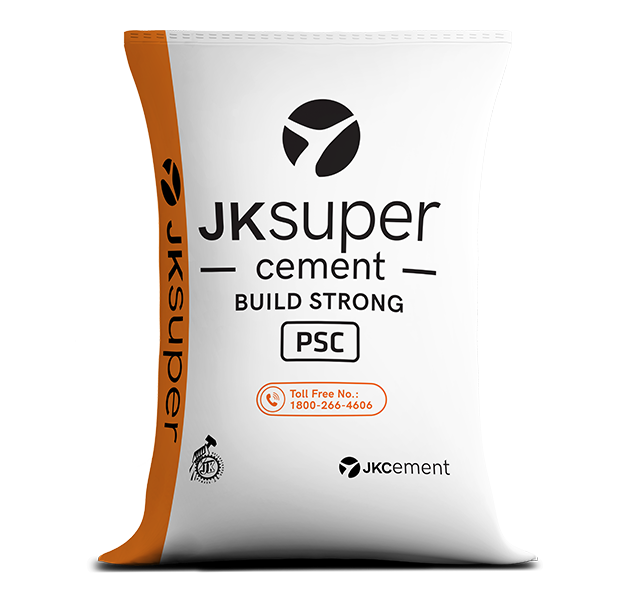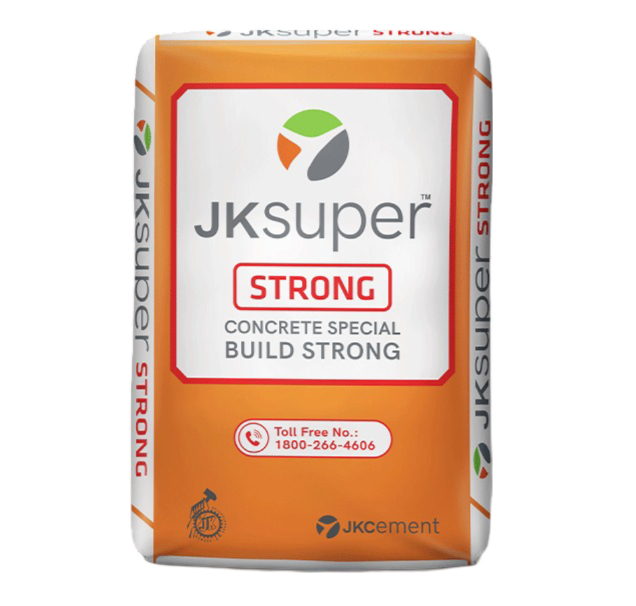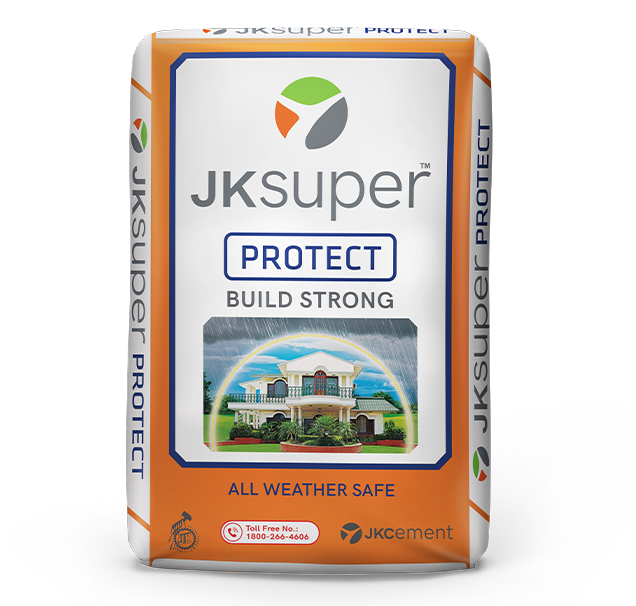Micro concrete is used to make surfaces smooth and visually appealing. It repairs cracked structures without heavy machinery, making it cost-effective and ideal for hard-to-reach spots. Its rapid drying ensures minimal disruption, allowing surfaces to be functional in a day. Micro concrete creates a fine surface and elevates the aesthetics of spaces, whether it is indoors or outdoors. Read on to learn more about micro concrete, its advantages and applications.
What Is Micro Concrete?
Micro concrete is a composite material of fine-grained aggregates, cement, polymers, and additives formulated to create a high-performance surfacing material. It is a cementitious coating that ranges from 2 to 4 millimetres in thickness when applied. The inclusion of polymers enhances its flexibility, adhesion, and resistance to cracking which ensures superior performance across various applications. This composite material undergoes a precise mixing process, resulting in a dense, smooth, and seamless finish when applied onto surfaces. Micro concrete has remarkable bonding capabilities that enable it to adhere seamlessly to diverse substrates such as concrete, wood, and tiles to offer smooth and polished finishes.
Benefits of Micro Concrete
From making smooth surfaces to allowing you to do quick reparations, micro concrete comes with various advantages.
No compaction required:
Micro concrete does not require compaction during application. This eliminates the use of vibrators and streamlines the application process significantly. Whether repairing damaged structures or enhancing surfaces, this efficiency reduces costs and makes micro concrete an ideal choice for areas with limited access.
Protection against moisture:
Low permeability makes micro concrete suitable for both indoor and outdoor use, including high-moisture environments like kitchens and bathrooms. This characteristic prevents water infiltration, enhancing its durability and applicability in various settings where moisture resistance is crucial.
Exceptional bonding properties:
Micro concrete effectively adheres to a wide array of substrates, whether concrete, wood, or tiles. This versatility makes micro concrete a highly adaptable surfacing solution across different architectural and design needs.
Rapid strength development:
Micro concrete exhibits impressive early strength development. It gains most of its strength within a short timeframe of 24 hours post-application. This quick strength gain is advantageous, particularly in scenarios where rapid restoration or reinforcement of structural parts is necessary.
Non-shrinking properties:
Micro concrete’s non-shrinking characteristics are crucial in preventing the occurrence of cracks or folds upon application. Unlike conventional concrete which may shrink and develop cracks, micro concrete maintains its original volume, ensuring a seamless and crack-free finish.
Protection from corrosion:
Its impermeability to water upon application not only safeguards the repaired part of structural elements but also protects steel reinforcements from further corrosion. This impermeable quality enhances the structural integrity of the repaired area, contributing to its longevity and resilience against environmental factors.
Applications of Micro Concrete
From structural repairs to innovative design enhancements, micro concrete is used in various ways. Here are some major applications of it:
Surface refinement in living spaces:
The primary use of micro concrete is elevating living space surfaces. It is a preferred option for surfacing floors, walls, and countertops in kitchens, bathrooms, and terraces due to its waterproof nature, easy maintenance, and stain resistance.
Repair of damaged RCC structures:
Micro concrete is an optimal solution for repairing damaged reinforced concrete parts such as beams, columns, and walls, especially in areas where access is restricted, and compaction is unfeasible. Its unique properties allow it to effectively build up damaged sections, providing high strength and seamless integration even in hard-to-reach spaces.
Jacketing of RCC columns:
In scenarios requiring increased load-bearing capacity, micro concrete proves valuable for jacketing reinforced concrete columns. It reinforces the structures’ ability to withstand heavier loads while ensuring a robust and durable outcome.
Hygienic surfaces in bathrooms and kitchens:
Micro concrete is used in spaces like bathrooms and kitchens due to its hygienic nature and stain-resistant properties. Its application results in smooth, seamless surfaces that enhance aesthetics while offering clean and durable finishes.
How to Apply Micro Concrete?
Here are the steps involved in the application of micro concrete:
1. Surface preparation:
Start by thoroughly washing and cleaning the surface slated for coverage. Make sure to remove any dust, debris, or gravel on the surface. Any exposed metal or reinforcement susceptible to corrosion should be cleaned and then coated for protection.
2. Mixing:
Micro concrete can be mixed manually, but for larger quantities, a mixing vessel simplifies the process. The water-to-micro concrete ratio typically ranges around 1:8, but it is advised to follow the manufacturer’s instructions for the specific mix. Add the micro concrete gradually into the water while consistently stirring to achieve a homogeneous blend.
3. Application:
Once the mixture is thoroughly combined, promptly pour it onto the prepared surface to maintain optimal flow and consistency. Utilise clean tools to evenly spread and smooth out the micro concrete. Allow the applied material to dry thoroughly as per the manufacturer’s recommendations.
Key considerations when applying micro concrete:
Timing is critical:
Act swiftly once the micro concrete is mixed. The quick application ensures better flow and workability.
Cleanliness is key:
Ensure tools and the application area are clean to prevent unwanted particles from affecting the finish.
Adhere to manufacturer’s guidelines:
Follow specific instructions provided by the manufacturer for mixing ratios, application techniques, and drying times.
Experience strength and reliability with JK Cement. From grey cement to water-resistant cement, we have it all.
FAQs
What is micro concrete?
Micro concrete is a special material made by mixing fine aggregates, cement, polymers, and additives. It is used to cover surfaces by putting on thin layers that have a thickness of around 2 to 4 millimetres. You can apply it on different surfaces like concrete, wood, tiles, and metal. It is used because of its versatility, durability, and strong bonding capabilities.
Is micro concrete expensive?
The cost of micro concrete can vary depending on factors such as the specific brand, project size, application area, and labour costs. Compared to conventional concrete, micro concrete might have a higher upfront cost. However, its durability, longevity, and the fact that it can often be applied without the need for extensive demolition or reconstruction can make it a cost-effective choice in the long run.
Can micro concrete be applied over underfloor heating?
Yes, micro concrete can be applied over underfloor heating systems. Its thin-layer application allows for effective heat transfer, making it compatible with underfloor heating setups. However, it is important to ensure that the heating system is installed and functioning correctly before applying micro concrete to avoid any potential issues.
Is micro concrete waterproof?
Micro concrete exhibits low permeability, making it highly resistant to water infiltration. When properly applied and sealed, it creates a water-resistant surface which makes it suitable for areas like bathrooms, kitchens, and other spaces exposed to moisture. Its impermeability ensures protection against water damage and enhances its durability.
How long does a renovation with micro concrete last?
The longevity of a renovation using micro concrete largely depends on factors like the application, environmental conditions, and maintenance. When applied correctly and maintained properly, micro concrete renovations can last for many years. Its durable nature, resistance to wear and tear, and ability to withstand various conditions contribute to its long-lasting performance.

